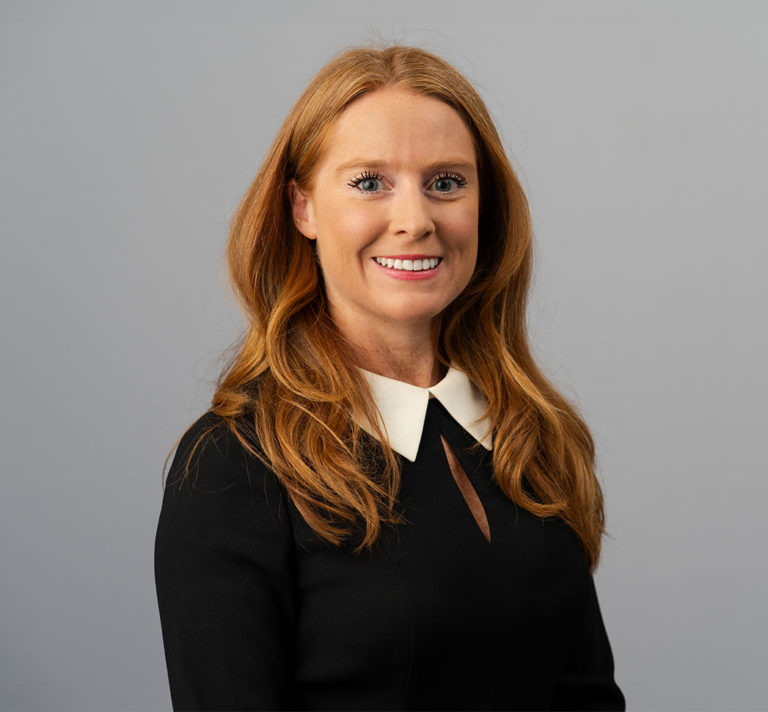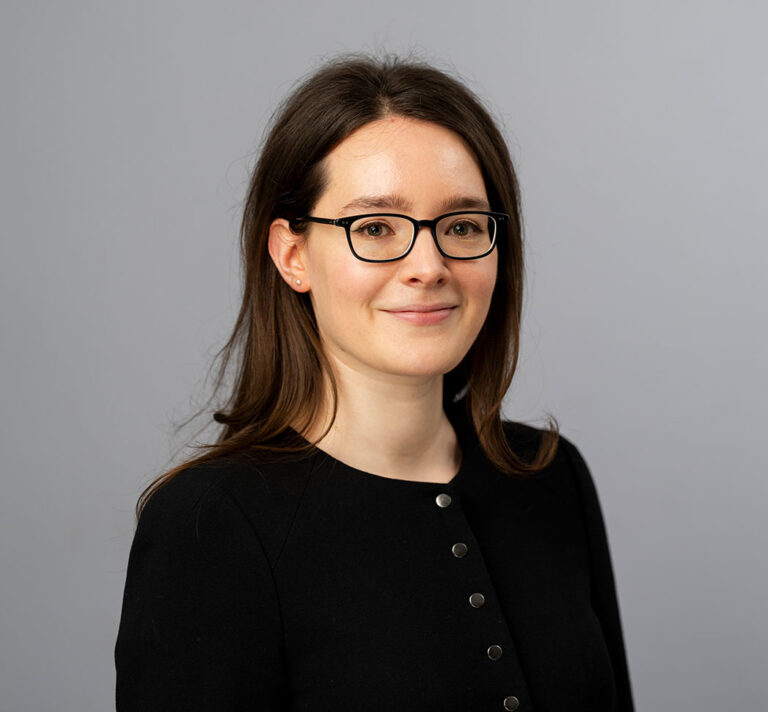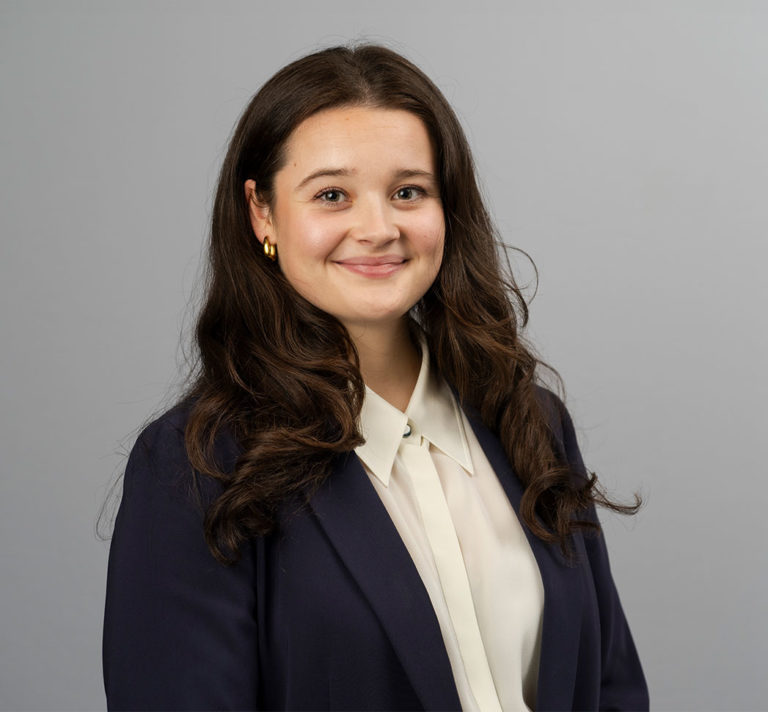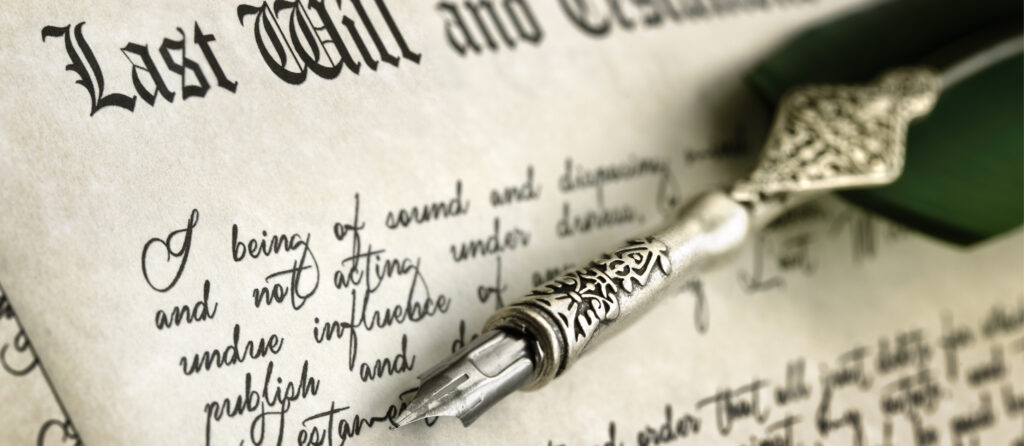Property disputes
Where different people or organisations own, develop or use property, there’s always the potential for disputes. We act to navigate disputes quickly and cost-effectively for clients including individuals, businesses, banks, trustees, charities and landowners.
It’s not aways a case of going to the courts; often the best result comes from negotiation or mediation. So when we do advise litigation, you know it’s likely to be the most effective move – and we’ll doggedly pursue the best possible outcome.
Our work in this area can include:
- Construction or engineering disputes
- Lease renewals, extensions and rent reviews
- Boundary or other neighbour disputes
- Service charge disputes
- Possession claims (commercial and residential)
- Issues over restrictive covenants
- Disputes over dilapidation
- Claims over rent arrears or other breaches of covenant
- Claims for adverse possession.
Our commercial property experts
To help you manage commercial property transactions to your best advantage, we need to really get to know you. Let us start by introducing ourselves.















